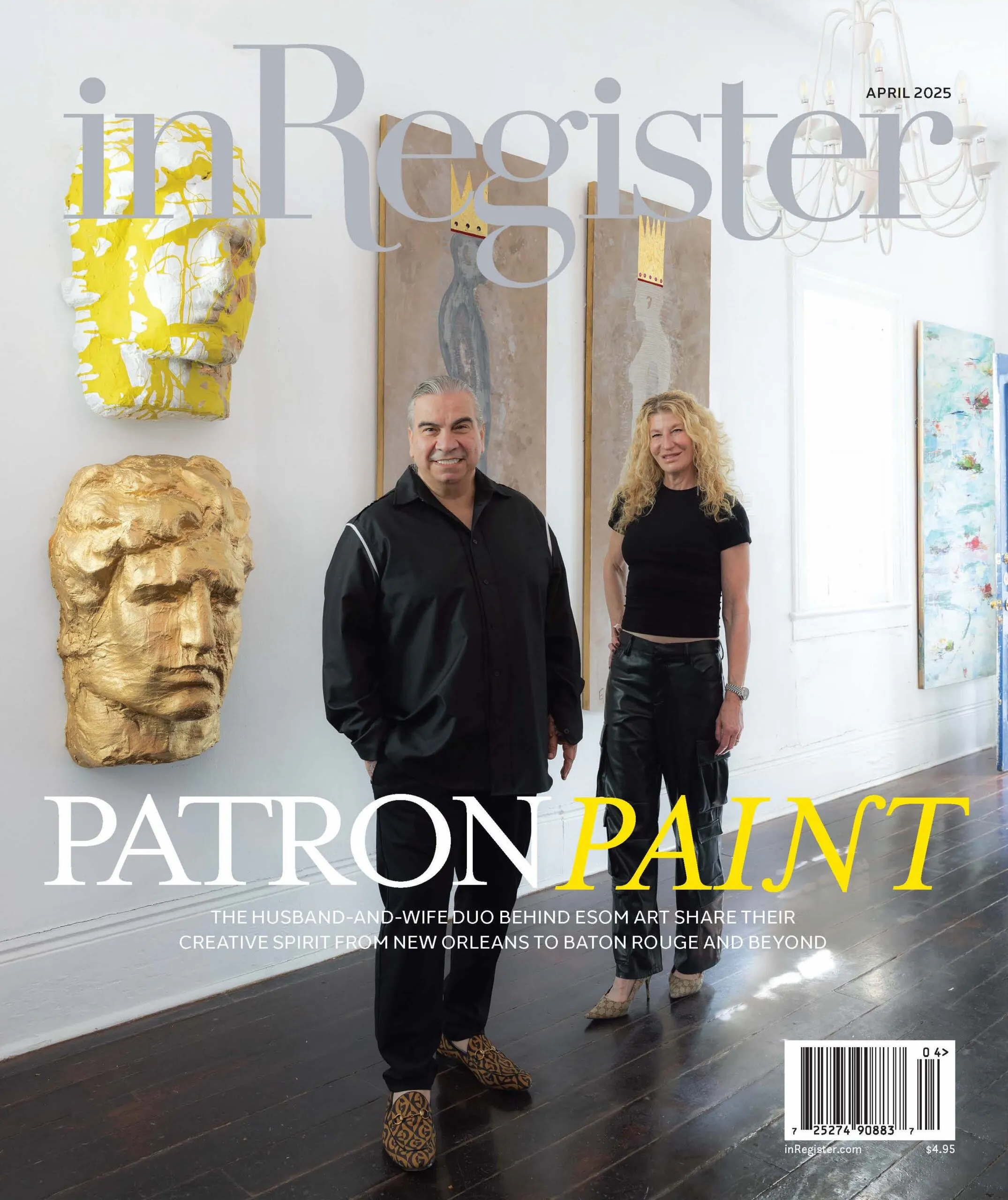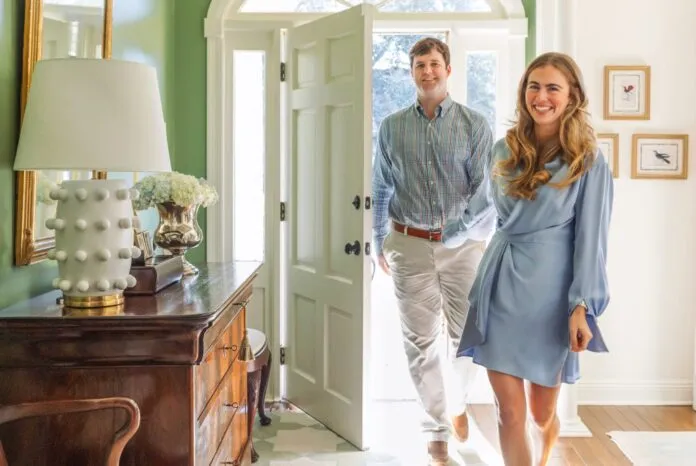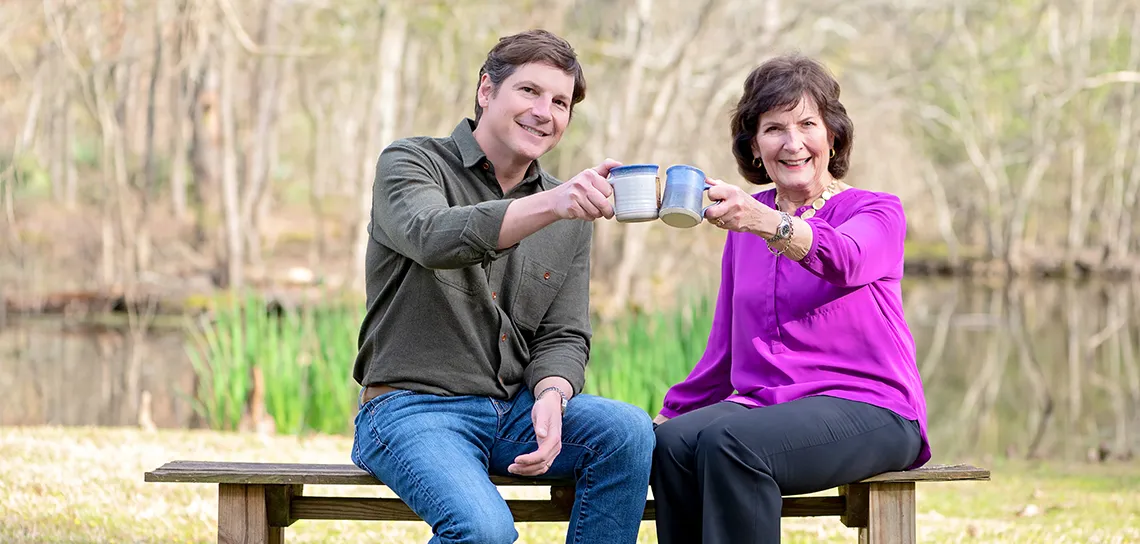
Grounded in Baton Rouge: Community Coffee celebrates 100 years
In the early part of the last century, Cap Saurage moved up from the Bayou Blue area to open a grocery store with his brother, says Donna Saurage, the widow of Cap’s grandson Norman Saurage III. Cap began experimenting with coffee blends at the store and established Community Coffee in 1919.
“The name ‘Community’ was chosen out of recognition of the neighbors and friends who supported him in the early days and helped make him successful” says Matt Saurage, Donna’s son, Cap’s great-grandson, and Community Coffee’s current chairman.
Not that the support was always universal. The company first started roasting coffee beans in a barn behind Cap’s house on what is now 16th Street, Donna says. The smell annoyed some of the neighbors, and Cap realized he probably shouldn’t be roasting in a residential neighborhood. According to The Community Coffee Story, Norman’s history of the company, one woman even sued the company, claiming the smoke made her pregnant.
“My husband’s grandfather said, ‘It’ll take a lot more than that to make you pregnant,’” Donna says with a laugh. “The judge actually fined him for contempt of court.”
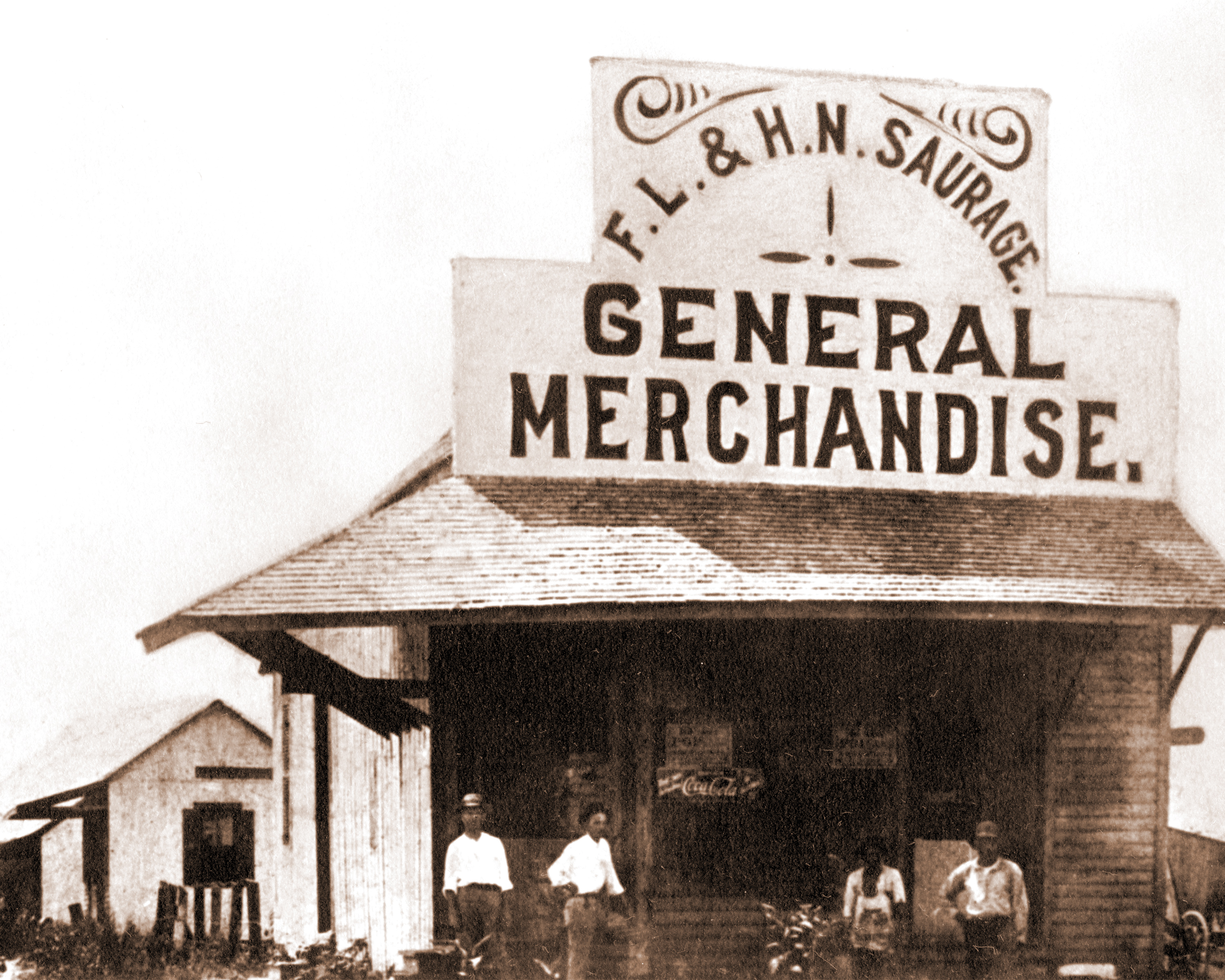
Louisiana residents have a reputation for preferring richer, darker coffee, and Community catered to those tastes, which put the company in position to benefit in recent years as consumers nationwide began to get pickier about their coffee. Donna says Community was making premium coffee before it was cool.
Like many Louisiana natives, Matt grew up drinking “coffee-milk,” milk with coffee and sugar. When he got a little older, he would go to work with his father and visit the company’s old downtown roasting facility, he says. But he wasn’t always sure he would go into the family business. He thought he might be an engineer or an aircraft pilot.
“Once I got out of school and I got married, I couldn’t get my mind off the family business,” he says. “Once I got to the coffee farm and experienced the farming side of the operation, that’s when I fell in love with the industry as a whole and committed myself to coffee for life.”
“We never wanted them to feel like they had to enter the business,” Donna says of her children.
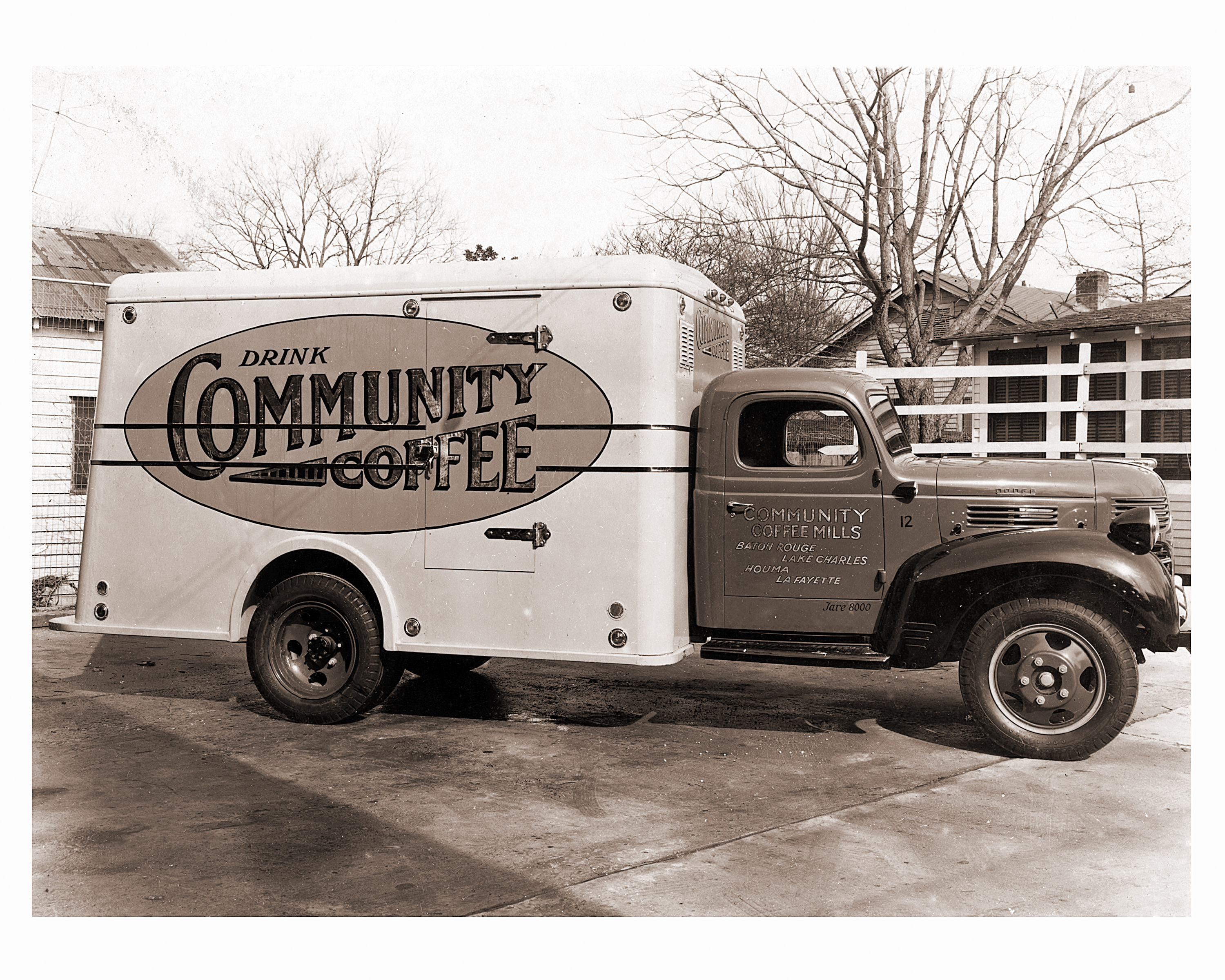
But if they did want to be part of the business, they had to bring something to the table, she adds.
“Just because they were a Saurage didn’t mean they had a place in the company,” she says. “They had to earn it.”
Much of the growth into the company we know today—it is the largest family-owned retail coffee brand in the United States—happened under Norman’s leadership. But the culture of giving back to the community was established at the very beginning, Donna and Matt Saurage agree.
“Our customers have a lot to do with our success, so we owe them something in return,” Matt says.
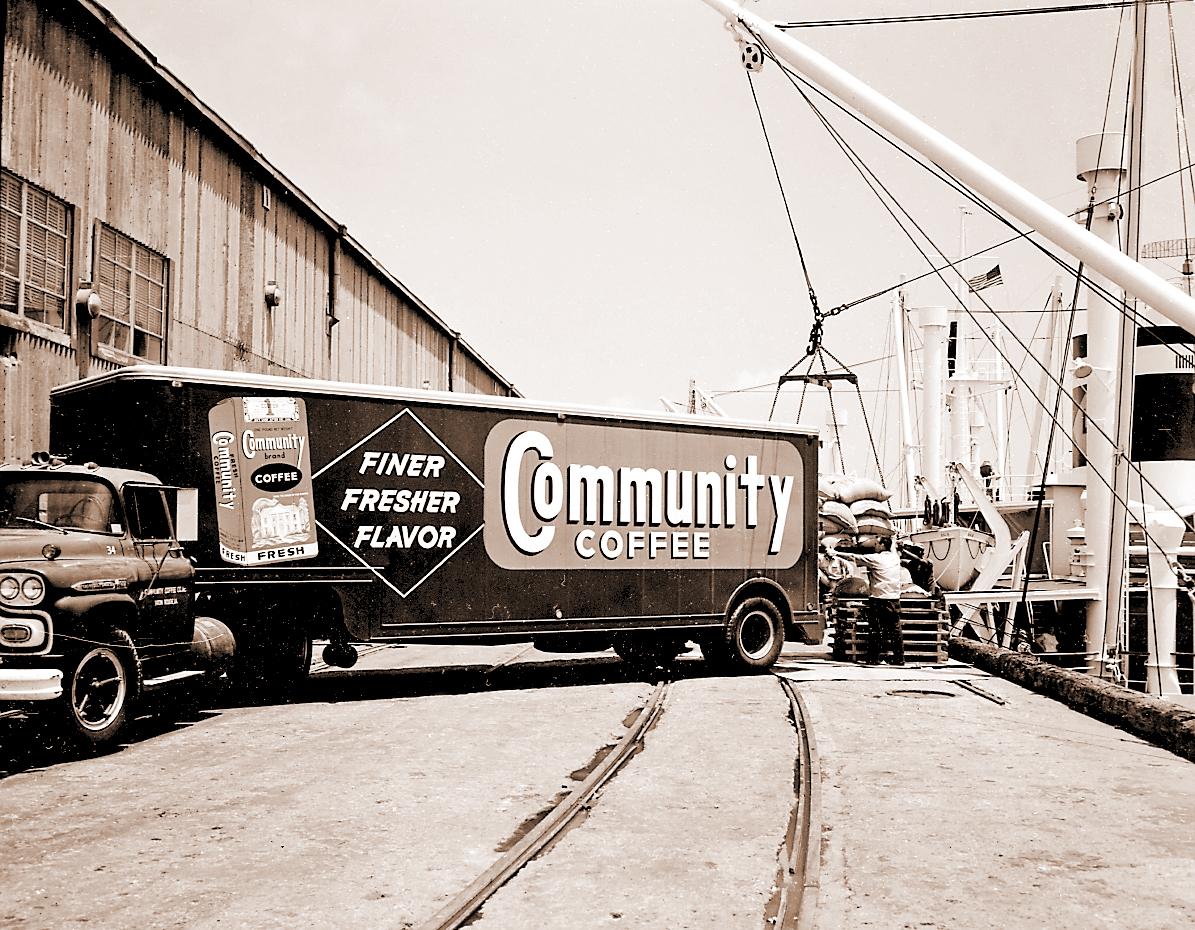
The company strives to give 2.5% of its pre-tax earnings to charity, focusing on three main categories. The first is supporting military families. Through its Military Match program, Community automatically doubles coffee orders sent to military bases.
The company’s work with local schools is well known. For three decades, schools have been redeeming Community proofs of purchase collected on their behalf for cash that they have spent on textbooks, computers, playground equipment, events and even a bird sanctuary for a science class. To date, the company says it has donated more than $7.4 million.
Less well known outside of the industry is Community’s work to sustain the environment, economy and culture that supports coffee. There are some 25 million coffee farming families around the world, Matt says, and many of those small family farms are part of Community’s supply chain.
Climate change is creating problems for those farms, he says, so Community supports scientific research that helps farmers grow coffee in an environmentally sustainable manner. Through its partnership with Southwest Airlines, in-flight purchases of Community Signature Blend coffee help to fund secondary education and advanced agricultural training for coffee growers in rural Mexico.
“At some point, business is personal,” Matt says. “You can’t ignore the fact that we all have families to return to and a community to be responsible for.”
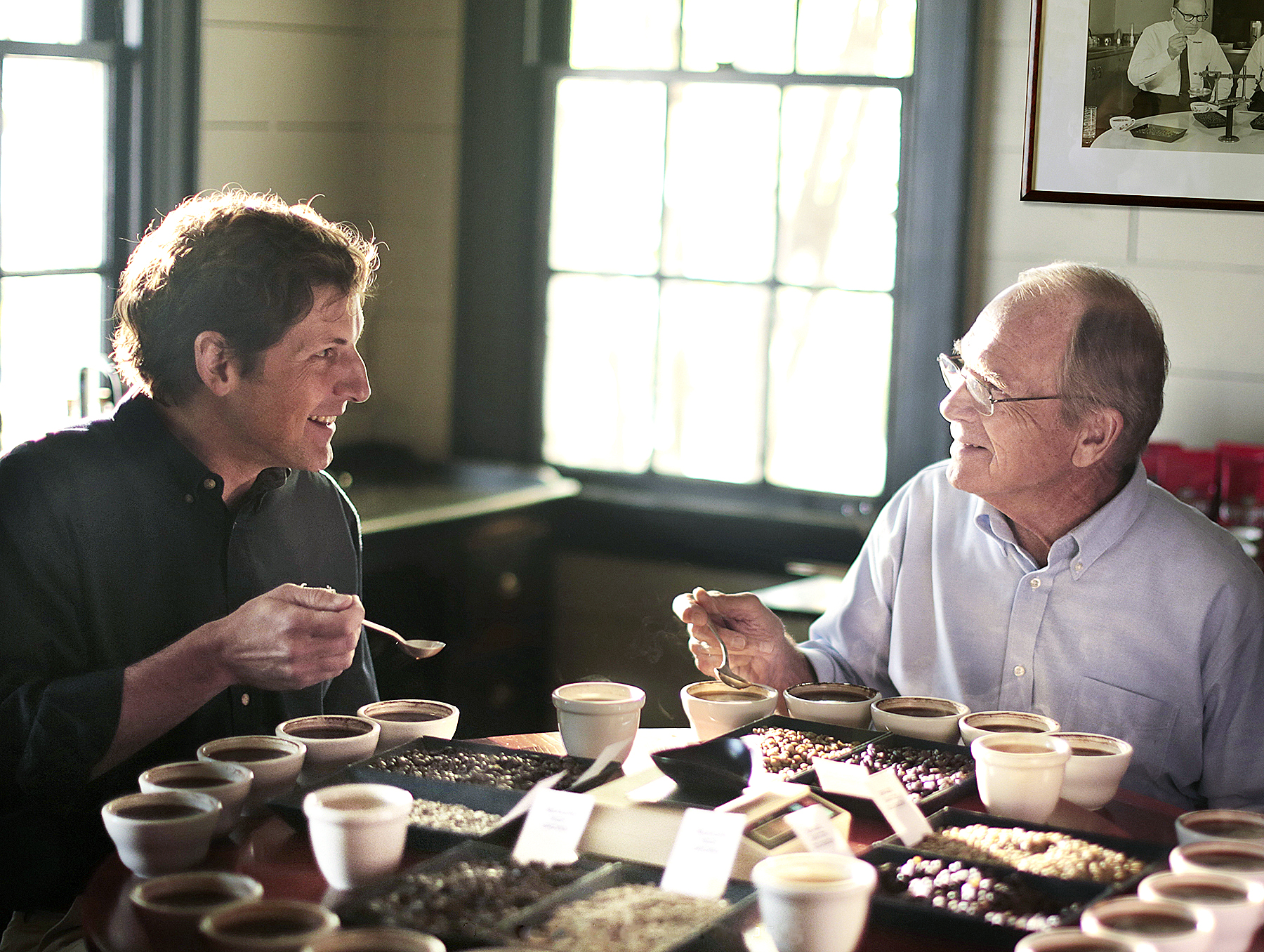
Today, Community Coffee is sold in stores in 22 states. The firm posted almost $235 million in sales in 2017, according to one published estimate. The company is opening a new manufacturing facility in Harahan and adding a training and innovation center to its south Baton Rouge offices.
And of course it is available all over the world via the Internet and is especially popular with Louisiana natives looking for a taste of home. Those longtime customers provide some of the best endorsements the Saurages could ever hope for, some of which have been shared on social media using the hashtag #100years100reasons.
“There’s no doubt in my mind,” Matt says, “that we owe a lot of our recognition nationally and internationally to our consumers here at home.”

